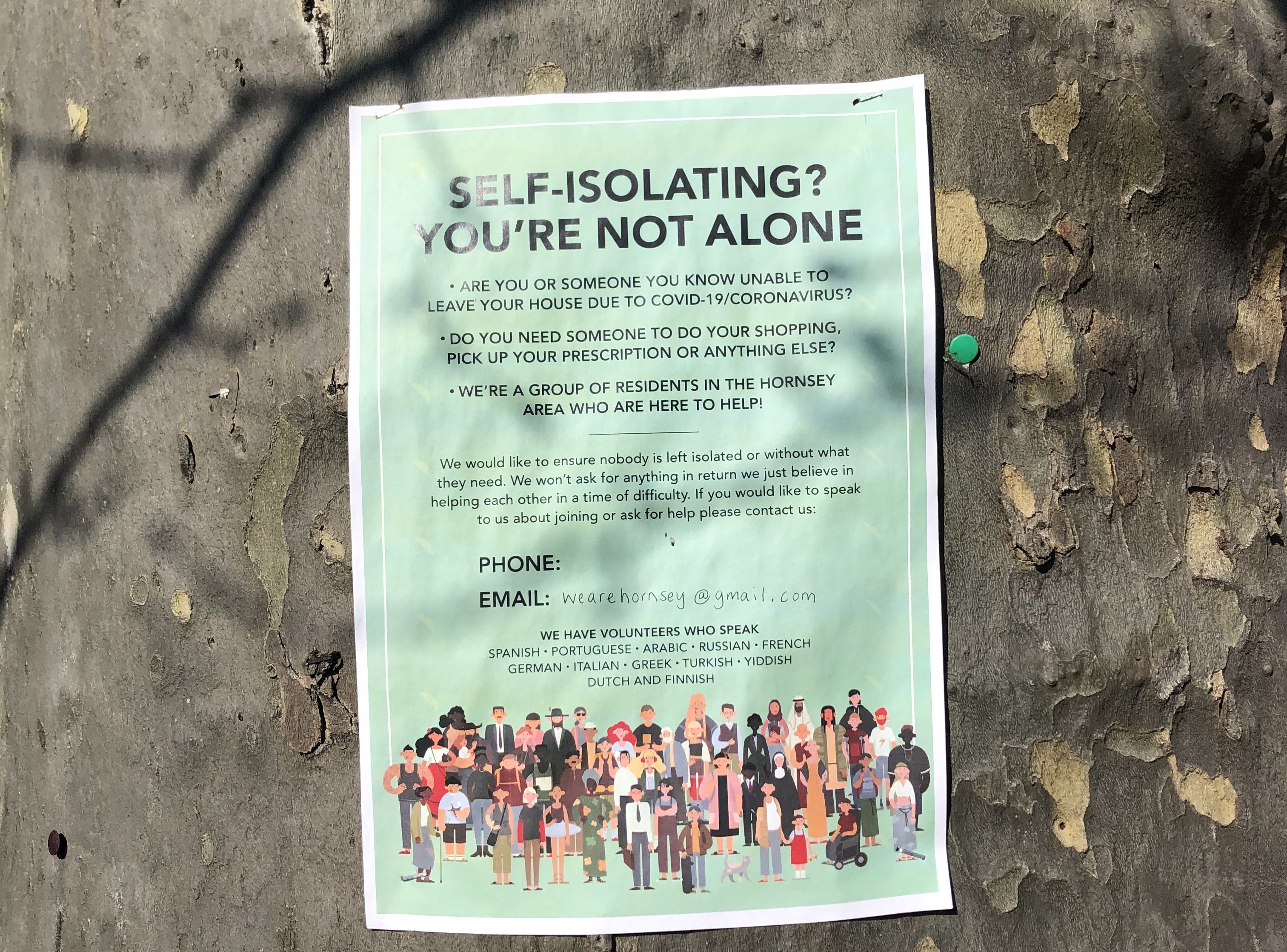 As governments around the world attempt to ease the restrictions they put in place to stop the spread of the novel coronavirus that causes COVID-19, the UK government has changed its key message to citizens regarding social distancing as it calls for some people to return to work. LSE Graduate Intern Silas Scott discusses how crucial the language used in political communication is at such a difficult time.
As governments around the world attempt to ease the restrictions they put in place to stop the spread of the novel coronavirus that causes COVID-19, the UK government has changed its key message to citizens regarding social distancing as it calls for some people to return to work. LSE Graduate Intern Silas Scott discusses how crucial the language used in political communication is at such a difficult time.
It does not take working in LSE’s Department of Media and Communications to appreciate the importance of language in political discourse. Language structures our experience of the world in which we live. The reaction to UK government communications concerning COVID-19 has highlighted this fundamentality of words in constructing our realities, both personal and collective in relation to times of crisis.
Prime Minister Boris Johnson’s Sunday evening address to the nation replaced the relatively unambiguous government direction of ‘stay home’ with ‘stay alert’ for those living in England. The new formulation has polarised popular opinion across the UK. It has become apparent over the past few days that the replacement of one word in a government tagline can have momentous impact upon public mindset, and public life.
It was common knowledge that change was on its way in the UK by the time the Prime Minister appeared on our screens on 10 May. However, the devolved governments of Scotland, Wales and Northern Ireland have been clear that they are firmly sticking to the original advice. Watching Scotland’s First Minister Nicola Sturgeon’s media briefing on Sunday, just hours before the Prime Minister’s address, her irritation at the forthcoming change in England was apparent. With the words ‘stay at home’ clearly printed behind her, the First Minister concluded her speech by asking Scotland to “please, for now, stay at home.”
So why the change in rhetoric when, by and large, the practical measures introduced in England represent very little substantial advance towards the freedoms we as citizens once had to pursue our normal routines? Although some are being encouraged to return to work, pubs, gyms and restaurants are still closed, as are most workplaces and shops. We will not be able to gather with friends and family for the foreseeable future, instead we are limited to seeing one person at a time, whilst stood two metres apart in a park. Across the United Kingdom, the lives of many are largely the same as they have been since late March, despite the ostensible shift in message from staying at home to staying alert in England.
According to Channel 4 news host Krishnan Guru-Murthy:
“It seems to me the significant thing that happened tonight was that government placed responsibility for the infection rate on the public taking sensible decisions. So, if infections and deaths go up again it will be the public not the government that caused it.”
If this hypothesis is true, the Government’s response articulates a desire to shift responsibility from the state onto its citizens as individual decision makers. If things go badly, the question of who is to blame no longer has a clear answer. So, what are the ramifications of this?
After the Brexit referendum, it became all too clear that the idea that experts know best had been significantly damaged. Populist voices like that of Nigel Farage decried the wisdom of experts – from the head of the Bank of England, to politicians, data scientists, policy makers or academics – whom they claimed were part of a larger conspiracy of the powerful using their influence to scare the electorate into supporting staying in the European Union.
This damage to the reputation of the ‘expert’ in political discourse seemed pretty enshrined since, but COVID-19 has somewhat turned this on its head. As we tune in each day to watch government briefings, it would be a surprise not to see the minister speaking flanked by at least one scientific adviser. Scientists now represent a stamp of credibility for the government. Who is better placed to understand COVID-19, the government and its ministers, or those practicing medicine, behavioural science, epidemiology and other disciplines which take years of training? Even the Government is resigned in its answer on this.
However, this shift in messaging to ‘stay alert’ represents a move away from following strict expert opinion and guidance, back towards citizens having the discretion to decide what is safe.
It does not take long to find online responses parodying the notion of staying alert. Pictures of pets guarding houses against COVID-19, or people looking through telescopes for COVID-19 are of course intended to be comical, but they do highlight the very real question of how do we stay alert against something that even Johnson has previously called an ‘invisible mugger’? More so than anyone else, experts are based placed to identify and guide the public response to this invisible threat.
It is also important to note that if one looks at the polls over the last few weeks, British citizens have been starting to doubt the government’s handling of the crisis. Research carried out by Cardiff University’s School of Journalism, Media and Culture found confusion among the public even before the latest change in government messaging. A YouGov poll published on 13 May found that 65% of those surveyed thought that the government’s messaging on ‘next steps’ is unclear.
Labour leader Keir Starmer articulated this clearly during the Prime Minister’s Questions session last Wednesday when he called upon the Government to be more transparent in its thinking about how it might consider easing the lockdown in future weeks and month to come.
Again, the use of ‘stay alert’ seems to represent a deliberate choice from the government to shift part of the decision-making powers onto its citizens. During Johnson’s televised address to the nation, he stressed that if the rate of infection goes up and the level of threat increases (bearing in mind we are currently on four out of five in terms of severity) the government will likely encroach further on existing freedoms. The autonomy we have been given to interpret the implications of ‘stay alert’ means we are responsible for mishaps and poor behaviour, and consequently can be penalised if and when things go wrong.
Returning to the crux of all this: language has real power and when it comes to the health of citizens, and the imperative to lower the current horrifying daily death counts, it must be used with great care. In a life or death situation, the use of political rhetoric can have fundamental consequences, and all efforts should be made to ensure that citizens’ best interests are upheld in all government messaging.
This article represents the views of the author and not the position of the Media@LSE blog, nor of the London School of Economics and Political Science.





